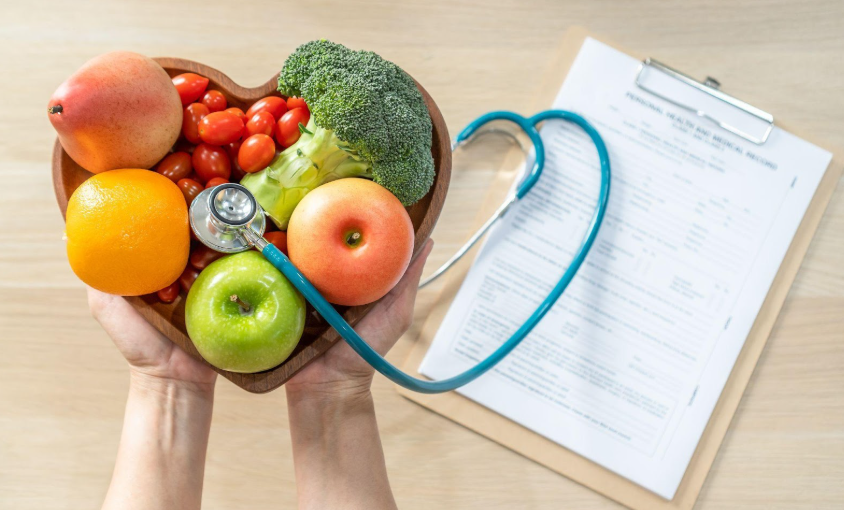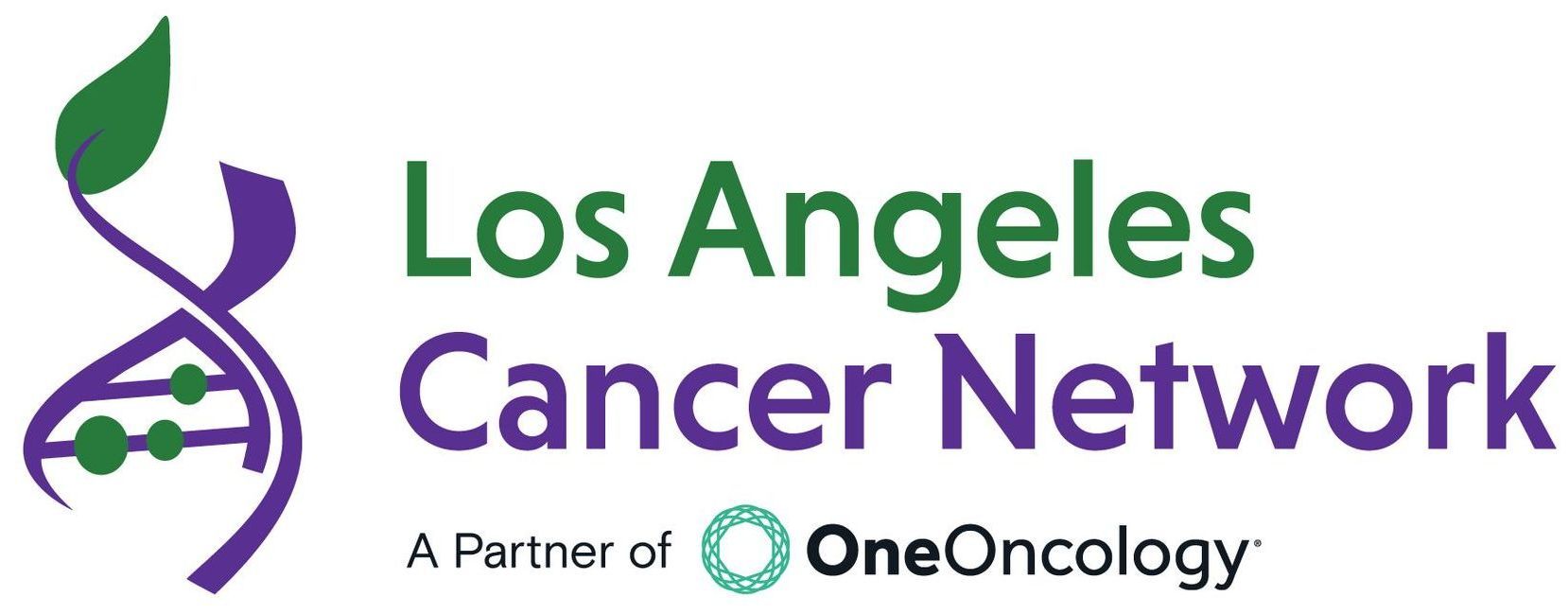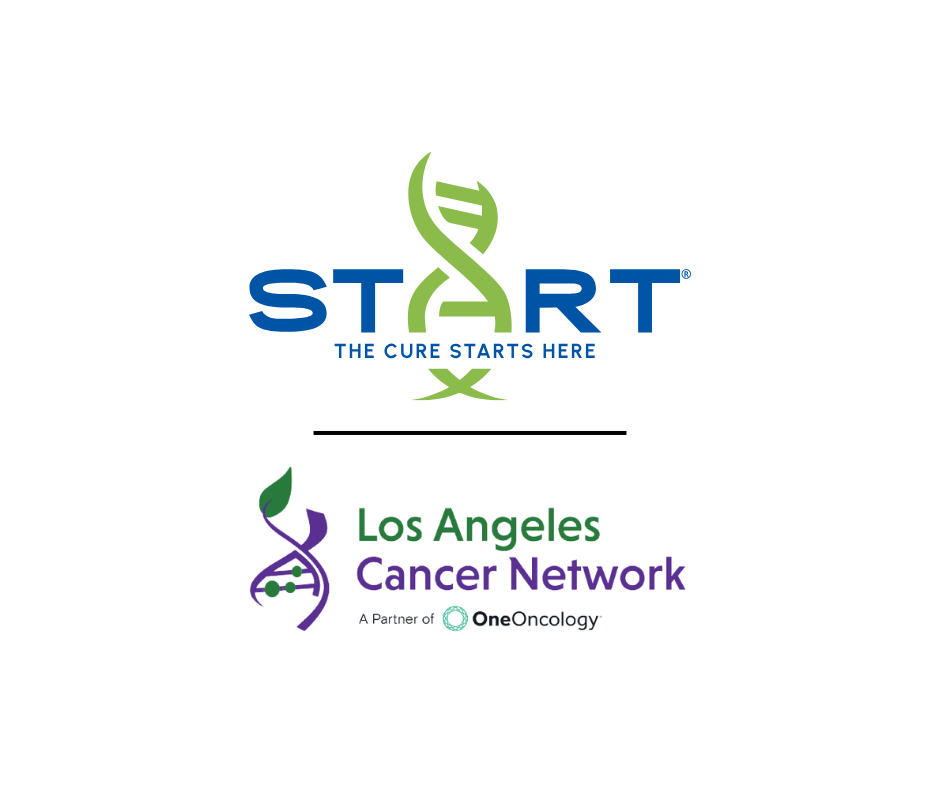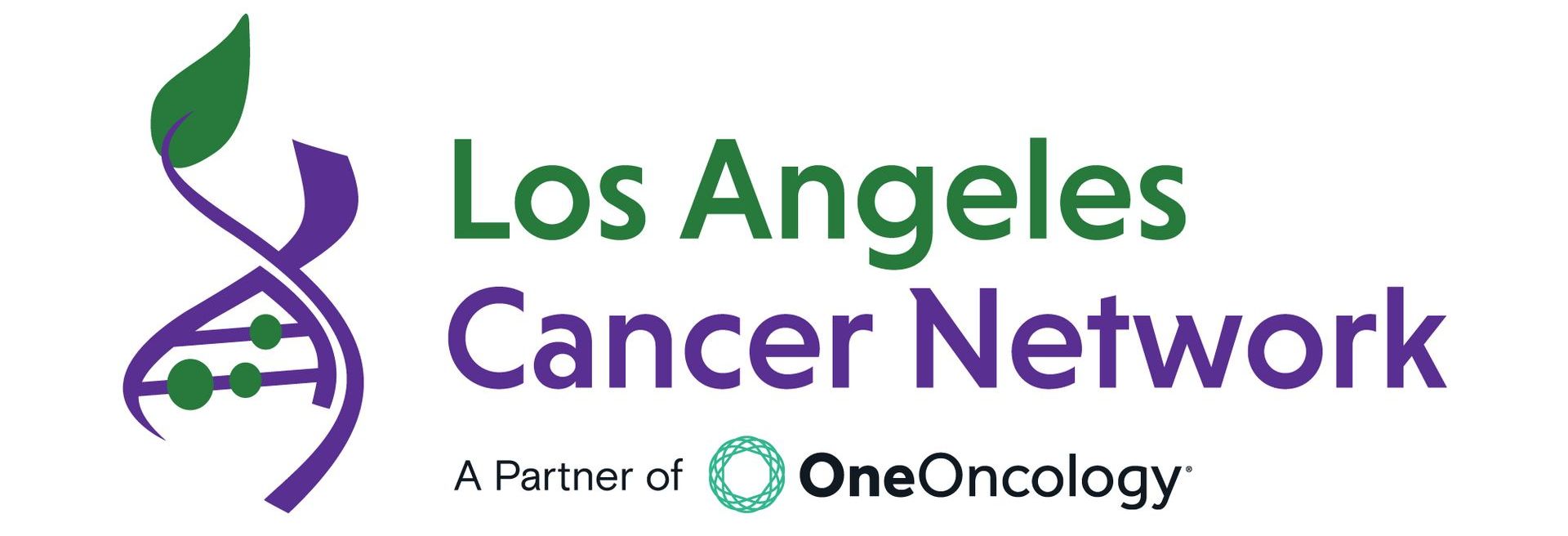Seven Recipes to Ease Common Cancer Side Effects
Seven Recipes to Ease Common Cancer Side Effects

Cancer treatments, while essential, often bring about side effects that can impact your ability to eat and maintain nutrition. These side effects, such as nausea, mouth sores, fatigue, constipation, and loss of appetite, can make meal times challenging. However, with thoughtful meal planning and the right ingredients, you can ease these symptoms and support your body's healing process.
Understanding Nutritional Challenges During Cancer Treatment
Cancer therapies such as chemotherapy, radiation, and immunotherapy can alter taste perception, reduce appetite, cause digestive discomfort, and weaken the immune system. These changes make it harder to maintain adequate nutrient intake, which is important to support healing and energy levels. Foods rich in protein, vitamins, minerals, and antioxidants help combat inflammation, repair tissues, and bolster immunity.
Adopting recipes that are gentle on the digestive system, flavorful despite altered taste buds, and easy to prepare can make a significant difference. Here are seven recipes tailored to help alleviate common cancer treatment side effects.
Ginger and Turmeric Immunity-Boosting Smoothie
Nausea is one of the most frequent side effects of cancer treatment. Ingredients like ginger and turmeric have well-documented anti-inflammatory and anti-nausea properties. Prepare it fresh by blending 1 cup pineapple chunks, ½ inch fresh grated ginger, ½ banana, ½ cup coconut water, ½ cup Greek yogurt, and ice. Sip slowly for the best effect, especially when nausea peaks.
Combining these with nutrient-dense fruits and a protein source creates a palatable and easy-to-consume option for those struggling to eat solid foods. This works best for you because:
- Ginger targets nausea through digestive pathways.
- Bromelain, an enzyme found in pineapple, helps with digestion and lowers inflammation.
- Coconut water replenishes electrolytes lost during treatment.
- Greek yogurt adds probiotics and protein critical for tissue repair.
Creamy Avocado-Cucumber Soup
Mouth sores and dry mouth are common side effects that can make swallowing uncomfortable. Cooling and creamy foods help ease irritation while maintaining hydration. Avocados offer monounsaturated fats, which are a concentrated source of calories and help your body absorb important fat-soluble vitamins.
Protein powder and almond butter add muscle-supporting protein and extra calories to combat weight loss. This combination also helps keep your blood sugar stable, reducing the energy crashes that can worsen fatigue. For a refreshing and gentle meal option, you can make it simply by blending one ripe avocado, one peeled cucumber, ½ cup plain yogurt, a tablespoon of lemon juice, and cold water to your desired consistency.
Baked Salmon with Sweet Potato Mash
Maintaining muscle mass and reducing inflammation are crucial during cancer treatment. Salmon provides high-quality protein and omega-3 fatty acids, which have anti-inflammatory properties. Pairing it with sweet potato mash adds complex carbohydrates and beta-carotene, supporting immune function.
Bake salmon fillets at 375°F for 15–20 minutes until tender. Boil sweet potatoes until soft, then mash with olive oil, salt, and pepper. This balanced dish:
- Supports muscle repair and reduces systemic inflammation.
- Provides energy-sustaining carbohydrates.
- Delivers essential vitamins that promote tissue healing.
Oatmeal with Berries and Chia Seeds
Fatigue and constipation can be common during cancer treatment, making it important to start your day with foods that fuel your body and support gut health. This comforting oatmeal bowl combines fiber-rich oats, antioxidant-packed berries, and omega-3s to promote steady energy and regular digestion.
Cook ½ cup rolled oats in 1 cup almond milk until tender. Stir in 1 tablespoon chia seeds for added fiber and omega-3s, then top with ¼ cup mixed berries for natural sweetness and antioxidants. Add a teaspoon of honey if desired for a gentle energy lift.
- Soluble fiber from oats and chia supports healthy digestion and helps prevent constipation.
- Antioxidants in berries help protect cells from treatment-related oxidative stress.
- Almond milk provides hydration and a gentle, dairy-free source of protein.
Chia Seed Pudding with Almond Butter and Banana
Loss of appetite can cause calorie and nutrient deficits, making nutrient-dense snacks a practical solution. Chia pudding is easy to prepare ahead, gentle on the stomach, and packed with fiber, protein, and healthy fats. Mix 3 tablespoons of chia seeds with 1 cup of almond milk and refrigerate overnight. Before serving, add 1 tablespoon of almond butter, sliced banana, and a drizzle of maple syrup.
This snack delivers a balanced boost of nutrients, with fiber and omega-3s supporting digestion and reducing inflammation, healthy fats and protein from almond butter providing steady energy, and potassium from bananas helping regulate electrolytes.
Bone Broth with Turmeric and Garlic
Cancer treatment can take a toll on gut health, often leading to inflammation or diarrhea. A warm bone broth with turmeric and garlic can help soothe and restore the digestive system. The collagen and amino acids in bone broth support the repair of the intestinal lining, while turmeric and garlic provide anti-inflammatory and immune-boosting benefits.
Simply heat two cups of bone broth with half a teaspoon of turmeric and one minced garlic clove, season with a pinch of salt, and sip slowly for a gentle, nourishing boost.
Quinoa Salad with Roasted Vegetables
A colorful quinoa salad combines complete plant-based protein with the nutrient boost of roasted vegetables, offering a balanced meal that’s gentle on digestion and satisfying even when appetite is low. Cook 1 cup of quinoa and mix with 1 cup of roasted vegetables such as bell peppers, zucchini, and carrots. Drizzle with 1 tablespoon of olive oil, add a squeeze of lemon juice, and season with salt and pepper.
The quinoa supports tissue repair with its full amino acid profile, while the vegetables provide fiber, antioxidants, and essential vitamins to aid digestion and strengthen immunity. Healthy fats from olive oil help reduce inflammation and supply lasting energy.
Tailoring Recipes to Individual Needs During Cancer Treatment
Cancer treatment impacts each person differently, making nutritional flexibility essential. Recipes should be easily adaptable to suit a wide range of dietary restrictions, taste changes, and nutritional needs throughout the treatment journey.
Adapting Recipes for Dietary Preferences
Meals can be customized for you to align with personal eating habits or restrictions. For instance, swapping animal-based proteins for plant-based alternatives, modifying texture for swallowing comfort, or adjusting seasoning to accommodate changes in taste sensitivity.
The Role of a Registered Dietitian
Working with a registered dietitian experienced in oncology nutrition ensures your meal plan supports energy requirements, reduces treatment-related discomfort, and aligns with your recovery goals. A dietitian can also help manage symptoms like loss of appetite, nausea, or altered taste by suggesting practical, individualized strategies.
Supporting Strength and Recovery
Proper nutrition during treatment does more than provide comfort, as it helps maintain muscle mass, supports immune function, and can improve overall treatment tolerance. While recipes can ease common side effects, severe or persistent symptoms should always be addressed with your healthcare team.
Partnering with a Cancer Care Network
For a more comprehensive approach, consider connecting with a dedicated cancer care network. These teams offer not only expert nutrition advice but also emotional support and resources to help you maintain strength, navigate side effects, and enhance quality of life throughout treatment.
If you’re navigating cancer treatment and want expert help crafting a nutrition plan to ease side effects? Our specialists at
LA Cancer Network create personalized meal plans that help manage side effects, support your strength, and improve your overall well-being.
Schedule your consultation with our experts today!






















